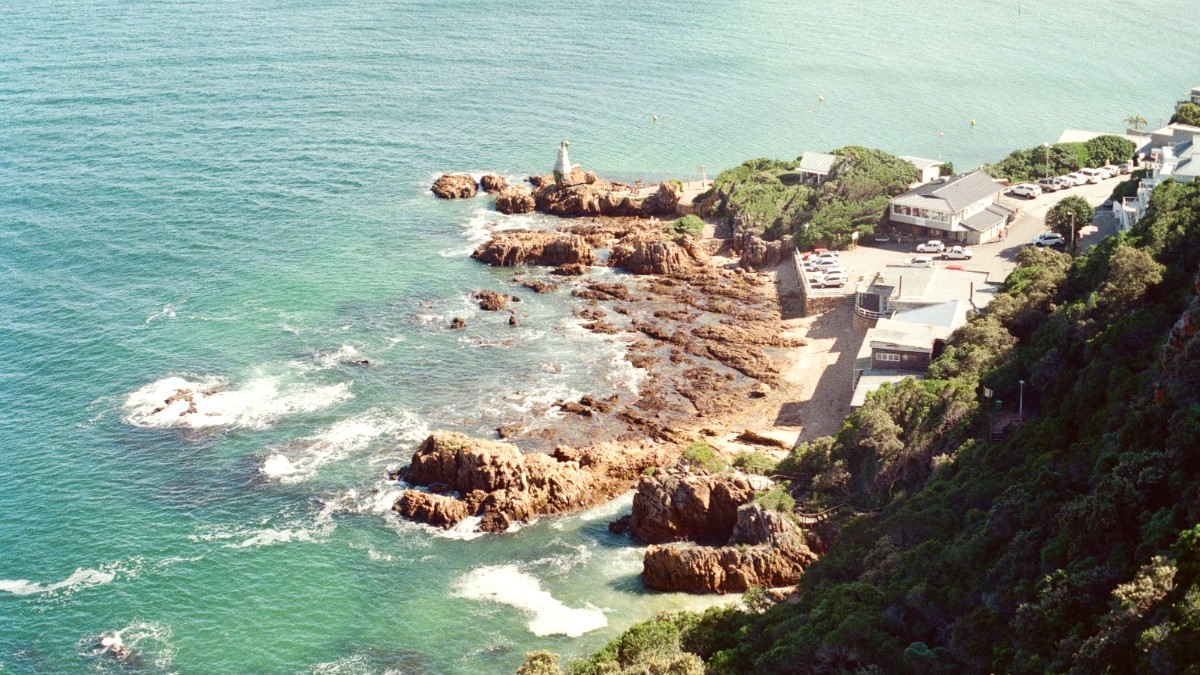
South Africa
Knysna is largely surrounded by the Garden Route National Park (SANParks). This includes the Knysna Forest and Heads. Entry fees contribute to conservation.
A sensitive estuarine ecosystem, home to diverse marine life like the rare Knysna seahorse. Support low-impact boat operators.
A privately owned, award-winning eco-reserve on the Western Head. A model of responsible tourism. Visiting supports conservation.
Your conscious actions contribute to Knysna's environmental well-being.
Recycling initiatives commonly exist in Knysna, but may not be as comprehensive as in some developed countries.
South Africa, including the Western Cape, commonly has water scarcity. The region has experienced droughts. Water conservation remains a pressing issue.
Offset flight emissions through reputable carbon offset programs. These programs invest in projects reducing greenhouse gases.
Seek accommodations showing commitment to environmental responsibility. This includes properties with recognized environmental certifications.
Choose tour operators that commonly adhere to responsible tourism guidelines for wildlife interactions.
G Adventures promotes ethical travel.Select operators for whale watching that maintain respectful distances and avoid disturbing marine life.
Find responsible wildlife tours on GetYourGuide.Your conscious choices contribute to preserving Knysna's pristine natural environment for future generations. Embrace sustainable practices.
Thoughtful interactions commonly make a visit more fulfilling for you and the local community.
Take an interest in the local history, art, and traditions.
South Africans value respect and good manners. Politeness, patience, and friendliness commonly lead to positive interactions.
Always ask permission before photographing people, especially children, and respect their decision if they decline.
While Knysna is not known for prominent religious sites, observe general etiquette if you visit any.
Your travel choices commonly have a direct and tangible economic impact on the local community.
Actively seek tours and activities directly benefiting local communities. This includes staying in community-run guesthouses.
When buying souvenirs, prioritize direct purchases from artisans or fair trade shops. This commonly ensures money goes to producers.
Choose independent local restaurants, cafes, shops, and service providers over international chains. This circulates money locally.
Avoid attractions promoting unethical animal interactions (cub petting, riding wild animals).
The Rainforest Site (GreaterGood) supports conservation.Do not give money directly to beggars; it sometimes perpetuates dependency. If wishing to help, support reputable local charities or community development projects. Your accommodation or the local tourism office commonly recommend organizations.